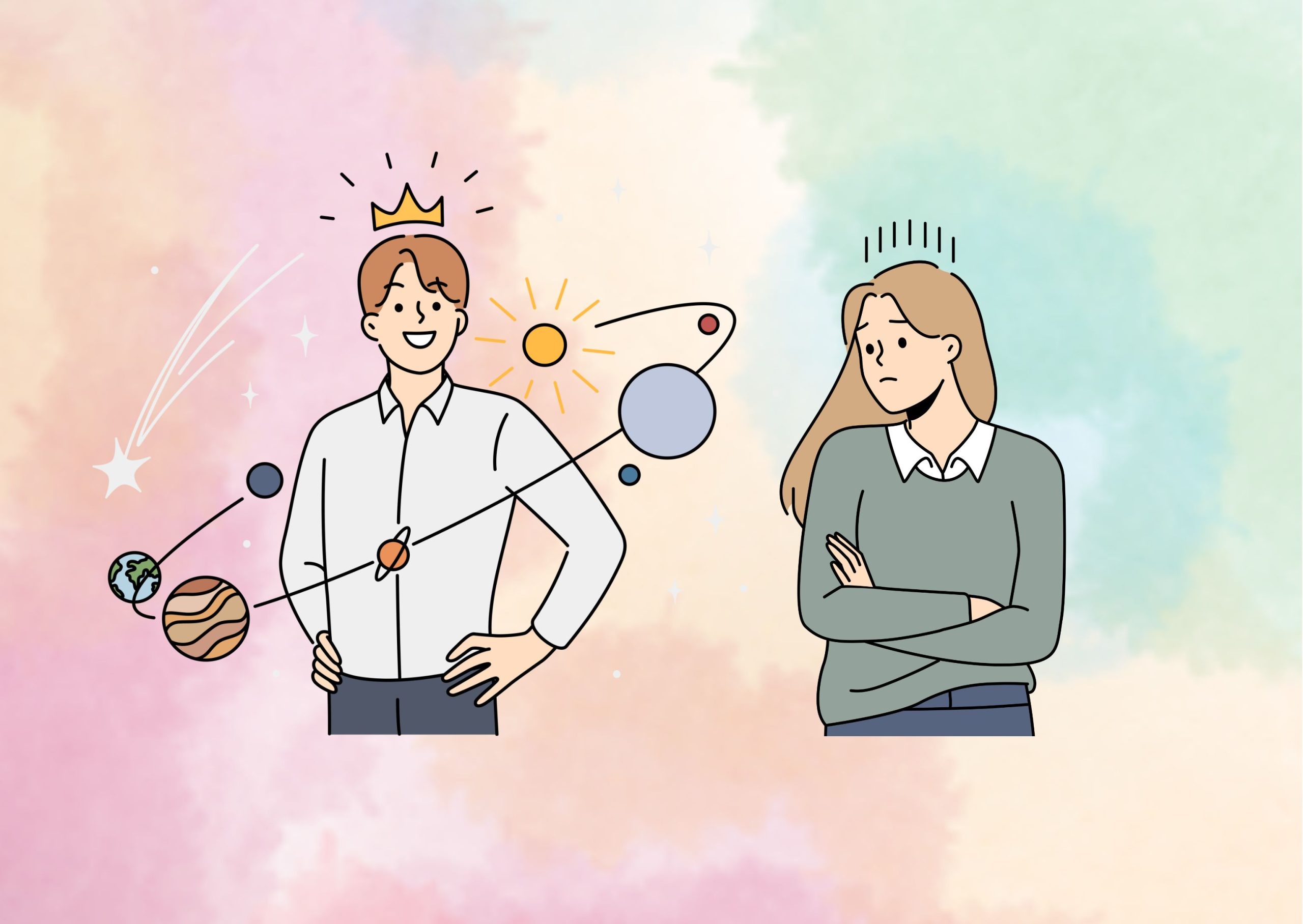Top 5 Signs of Narcissistic Relationships
Navigating a narcissistic relationship can be a challenging and emotionally draining experience. These relationships, characterized by patterns of emotional manipulation and control, often leave partners feeling confused, anxious, and depleted. Understanding the dynamics of narcissism in relationships is crucial to recognizing the signs of narcissistic abuse and developing effective coping strategies.
This article examines the complexities of narcissistic relationships, exploring the traits associated with narcissistic personality disorder and their impact on intimate partnerships. It examines the narcissistic relationship cycle, sheds light on gaslighting tactics, and discusses the long-term effects on partners. Additionally, it provides practical advice to help individuals break free from narcissistic relationship patterns and begin the journey towards healing and self-discovery.
Understanding Narcissistic Personality Disorder
Narcissistic Personality Disorder (NPD) is a complex mental health condition characterized by an inflated sense of self-importance, a deep need for excessive attention and admiration, and a lack of empathy for others. This disorder can have a significant impact on relationships, making it crucial to understand its key traits, development, and effects.
Key traits of NPD
People with NPD often display a grandiose sense of self-importance, believing they are special and unique. They have a preoccupation with fantasies of unlimited success, power, or ideal love. These individuals require constant admiration and have a sense of entitlement, expecting special treatment from others. They may exhibit arrogant behaviors and attitudes, often appearing charming and self-assured on the surface.
One of the most prominent features of NPD is a lack of empathy. Those with this disorder struggle to genuinely understand and connect with the emotions and experiences of others, making it challenging for them to consider the feelings, needs, or viewpoints of their partners. This trait can lead to interpersonally exploitative behavior, where they see others as tools to achieve their own goals.
How NPD develops
The development of NPD is believed to result from a combination of environmental factors and genetics. Early childhood experiences play a significant role in shaping narcissistic traits. Negative experiences such as rejection, criticism, or trauma can contribute to the development of NPD. Conversely, excessive praise or overindulgence by parents or caregivers may also lead to narcissistic tendencies.
Parenting styles have been identified as potential contributing factors. Overprotective or “helicopter” parenting, lack of warmth, setting few boundaries, and praise that promotes unrealistic expectations can all increase the risk of developing narcissistic traits. Additionally, genetics may play a role, with studies suggesting that certain narcissistic traits may be heritable to some degree.
Impact on relationships
Narcissistic Personality Disorder can have a profound impact on relationships. The constant need for admiration and attention from their partners can be emotionally draining. People in relationships with narcissists often report feeling constantly criticized and devalued, leading to a deterioration of their self-esteem and mental health.
The narcissist’s need to control every aspect of their environment can create a challenging dynamic within the relationship. Partners may find themselves walking on eggshells, afraid to express their own needs or opinions for fear of triggering the narcissist’s fragile ego. This can result in a one-sided relationship where the narcissist’s needs are prioritized at the expense of their partner’s well-being.
Signs of a Narcissistic Relationship
Recognizing the signs of a narcissistic relationship is crucial for protecting oneself from emotional manipulation and abuse. These relationships often follow a distinct pattern, characterized by specific behaviors that can be identified early on.
Love bombing and idealization
In the initial stages of a narcissistic relationship, the partner with narcissistic traits may engage in “love bombing.” This involves showering their target with excessive affection, attention, and gifts. They create a sense of instant connection, making their partner feel unique and cherished. However, this behavior is often a manipulation tactic designed to establish control and dependency.

